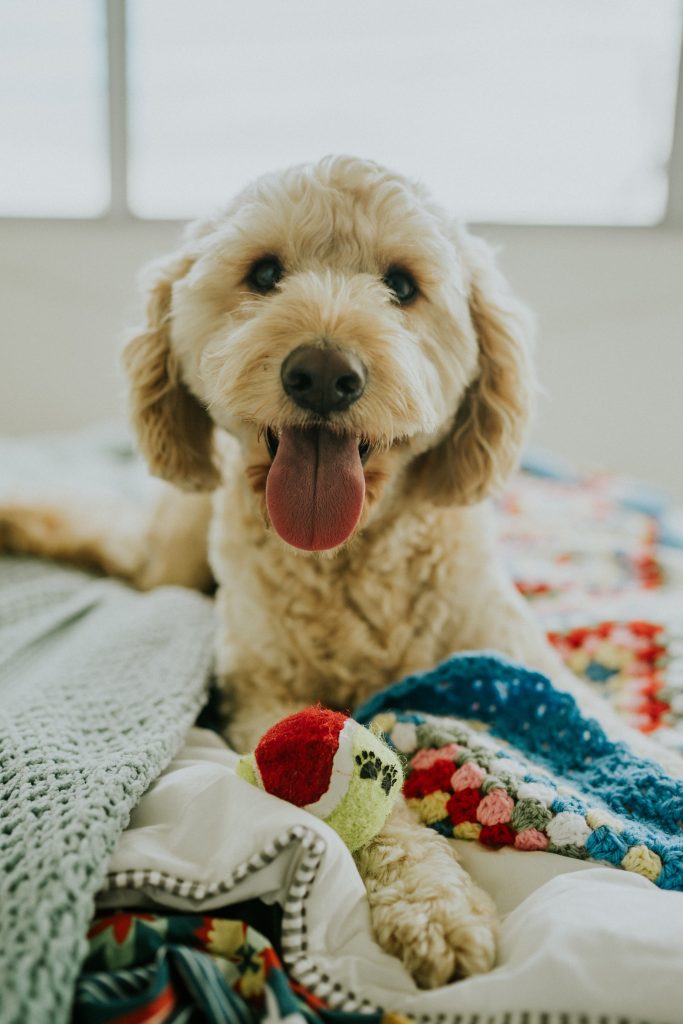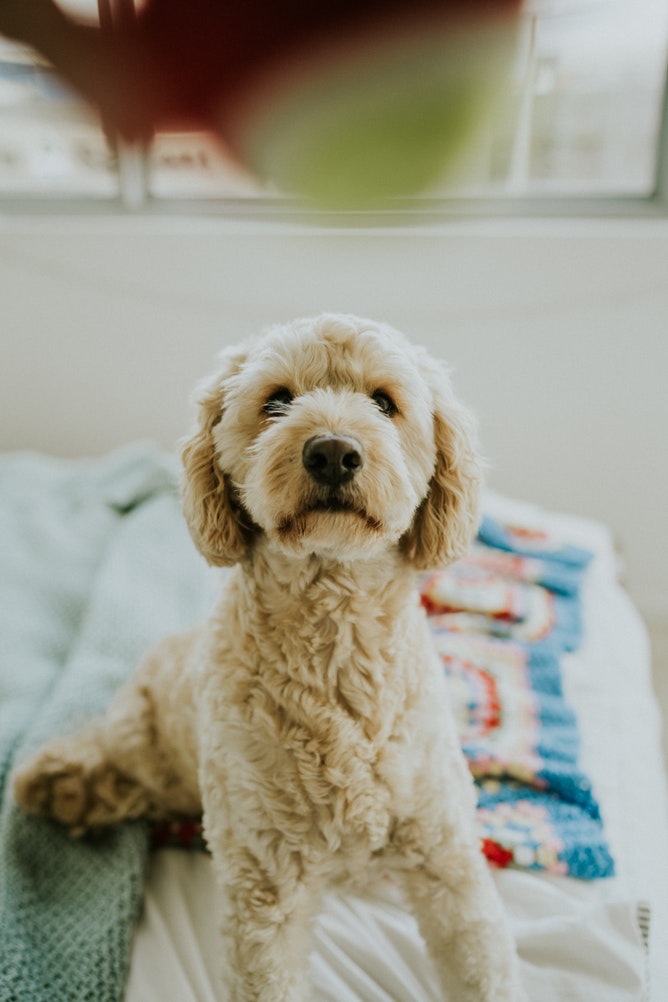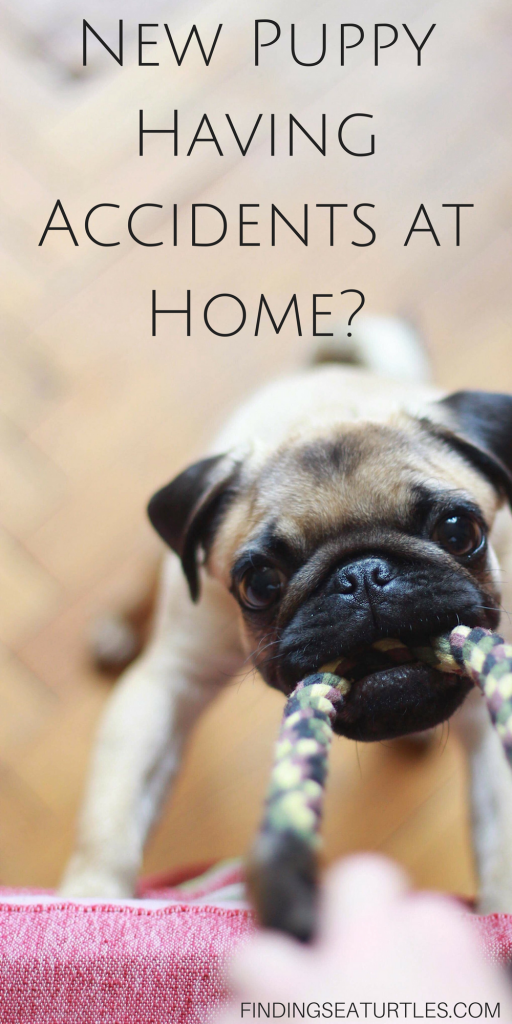First Time Dog Owner: House-Soiling Prevention Tips
You are a first time dog owner and your dog is the best. You never noticed before but you are finding a few puddles around your home. After checking your home, you realize that your dog is having accidents around the house. These accidents are happening all too frequently. You don’t understand why you dog is urinating in your home. You are puzzled because your dog frequently goes outside to urinate throughout the day. You’ve never neglected your dog and have been diligent about having plenty of outdoor time with your dog. There are many opportunities for your dog to urinate outside.
You are left wondering what the problem could be and more importantly, how do you change this awful behavior. What do you do about house-soiling behavior? Well, first of all don’t be frustrated and never feel as if you’ve failed. House-soiling behaviors in dogs are a common problem for many dog owners.

You should know that there are several reasons your pet dog sometimes exhibits house-soiling behavior. You may have to play detective and somehow try to find out why your dog is house-soiling. Typically, dogs do not house-soil to be spiteful or even out of anger. However, sometimes dogs react to stress or anxiety by house-soiling. Some dogs have behavioral issues or a medical condition that prevents them from holding their bladder until they are taken outside.
Stress or Anxiety in Dogs
Changes in a dog’s environment can trigger stress or anxiety that lead to house-soiling. Some dogs do not respond well to changes in their owner’s daily schedule. If you leave for work at 7 am and return at 6 pm on weekdays, your dog will expect you at home around 6 pm. Returning home one day at 9 pm can cause stress and anxiety in dogs. Most dogs prefer consistent, routine schedules. They need to know when you will be home. This house-soiling preventive behavior in your schedule can go a long ways in reassuring your dog that you’ll return to them when they expect you to.
Likewise, if your dog’s sleeping arrangements change, or schedule changes in feeding, walking, or playtime can all lead to anxiety in dogs. This anxiety may explain why your dog displays house-soiling behavior. They feel as if they have lost control over their routine and consistent schedule. If possible, try to maintain the same sleeping arrangements and same schedule for feeding, walking, and playtime. This house-soiling preventive tip may help to ease some stress or anxiety in your dog.
Dogs that experience separation anxiety are especially prone to house-soiling. Feelings of loneliness or seclusion can trigger this behavior and even more. Dogs can be like children that never seem to grow up. Reassuring your dog that all is well and when possible, take your dog with you to run errands or maybe leave a family member behind with your dog. These steps could help in minimizing your dog’s anxiety and may be worth trying as a house-soiling preventative measure.
Medical Conditions in Dogs

Another reason for house-soiling in dogs can be due to a medical ailment or condition. Some of the symptoms that you may observe in your dog with a possible medical condition are frequent urination, higher than usual volume of urination, increase in water drinking, or a decrease in control when urinating or defecating. If you suspect that your dog is suffering from a medical condition then it is important that a veterinarian exam your dog.
The veterinarian can determine if in fact a medical condition is the cause of the house-soiling behavior. And if your dog does suffer from a medical condition that results in house-soiling, it is likely that as your dog ages the house-soiling will worsen. Your veterinarian can advise you with the best approach to care for your dog with a medical condition that leads to house-soiling issues.
Marking Behavior in Dogs
Dogs tend to be territorial in nature. One way to delineate their territory is to “mark” the area they perceive to be theirs. The most common way to do this is by spraying their urine in the area so that other dogs will know that the area is theirs. Dogs will urinate or spray on upright surfaces so the “marking” scent is unmistakably theirs and so is the area.
Consider these reasons as to why your dog may be house-soiling. Perhaps take steps to reduce stress or anxiety in your dog’s daily routine. Be sure to seek professional veterinarian care to rule out that your dog’s house-soiling problems aren’t a medical condition. Remember that dogs are never vindictive or spiteful but more eager to please their owners. We know you always want to do what is right and what is best for your dog.
If you try any of these suggestions let us know what you think. And if you have any questions, feel free to reach out to us in the comments below. We always are ready to help you out.









